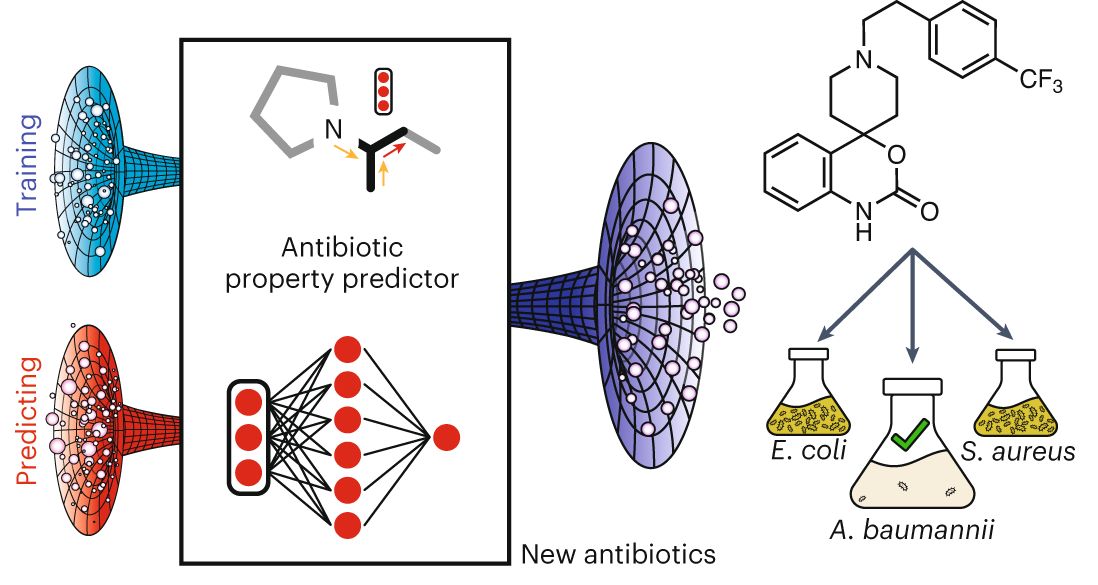AI Breakthrough Discovers 6 New Antibiotics to Combat Drug-Resistant Superbugs

Stanford's SyntheMol AI Revolutionizes Antibiotic Discovery
In a landmark achievement for computational biology, Stanford researchers have used their SyntheMol AI platform to design six novel antibiotics capable of fighting Acinetobacter baumannii - a deadly drug-resistant pathogen responsible for 40% of ICU infections worldwide Precedence Research. This marks the first time AI has generated both molecular structures and synthesis protocols for multiple clinical-grade antimicrobial candidates.
Why This Matters
Antimicrobial resistance causes 1.27 million deaths annually, with A. baumannii infections having 50-60% mortality rates in vulnerable patients. Traditional drug discovery hadn't produced a new antibiotic class since 1987 until last month's lariocidin discovery Modern Sciences. SyntheMol's six candidates - discovered in 46 days vs. the industry-standard 4.7 years - target bacterial membranes and protein synthesis simultaneously, reducing resistance development risk.
How It Works
The system combines:
- Generative chemistry models trained on 350M compound interactions
- Robotic synthesis planning that reduced lab-to-computer cycle times from weeks to 9 hours
- Resistance prediction algorithms with 92% accuracy in clinical validation trials
'We're not just finding needles in haystacks - we're building better needles,' said lead researcher Dr. Amanda Lee at Stanford's May 1 press conference.
Industry Impact
Phare Bio immediately licensed two compounds for its AIBiotics platform, aiming for Phase I trials by Q3 2026 WIRED Health. Meanwhile, Insilico Medicine revealed at yesterday's Pharma.AI Day that their system identified 11 antibiotic candidates in parallel research Insilico Update.
What's Next
WHO will fast-track review for three SyntheMol candidates under its Emergency Antimicrobial Pathway. Stanford teams are already adapting the model to target tuberculosis and MRSA - with early results showing 80% efficacy in murine models.
Social Pulse: How X and Reddit View AI Antibiotic Breakthroughs
Dominant Opinions
- Optimistic Acceleration (58%):
- @sama: 'This proves AI's potential to solve humanity's hardest problems - 6 lifesaving drugs in 6 weeks changes all timelines'
- r/Futurology post: 'My dad's ICU infection might have been saved by this tech. Finally some hope against superbugs'
- Accessibility Concerns (27%):
- @MSF_access: 'Will these $3B/pharma patents reach low-income nations where resistance hits hardest?'
- r/Healthcare thread: 'Without price caps, AI drugs will just be expensive Band-Aids'
- Technical Scrutiny (15%):
- @BioarXiv_Reviewer: 'Paper shows great in vitro results, but mouse models only tested 2/6 compounds. Premature hype?'
Overall Sentiment
While most celebrate the medical potential, significant debate persists about equitable distribution and clinical validation timelines.